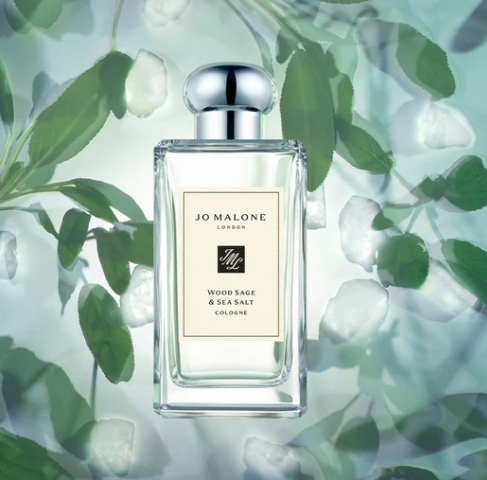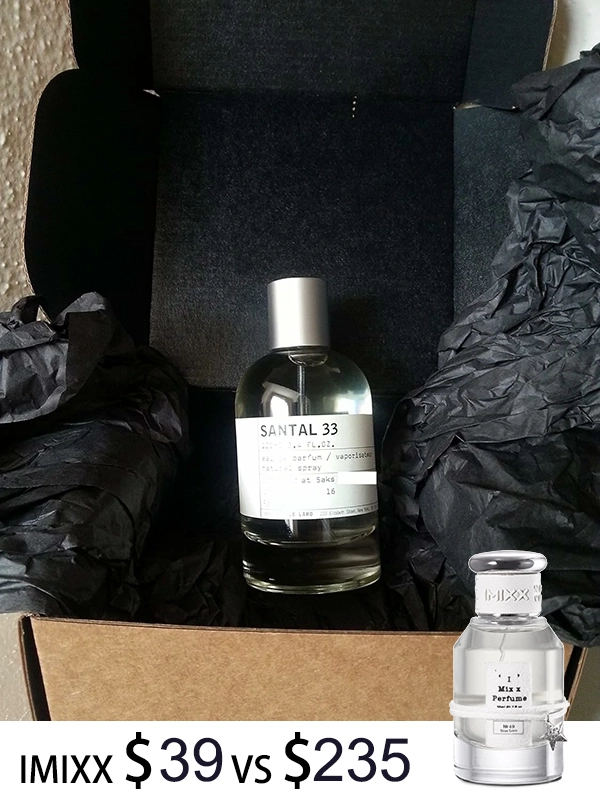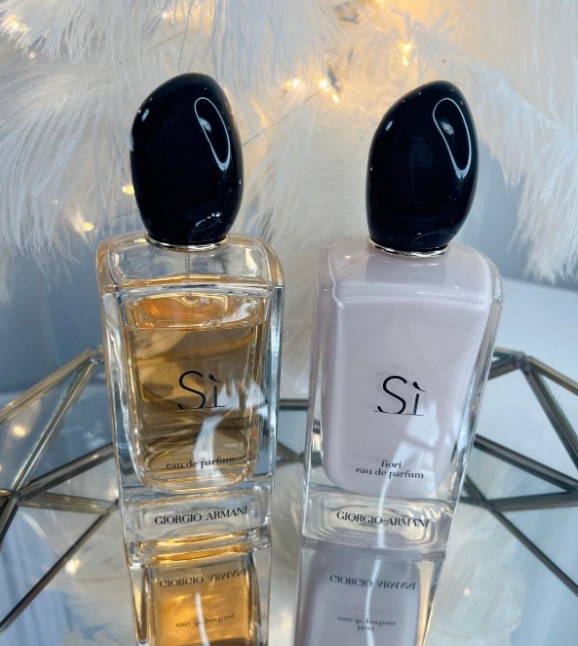What’s the Difference Between Perfume Eau de Parfum? When it comes to fragrances, understanding the difference between perfume and Eau de Parfum is crucial for selecting the right scent that matches your preferences and lifestyle. Both are popular terms in the world of scents, but they differ significantly in terms of concentration, longevity, and overall fragrance experience. In this article, we will delve into the key differences, explore various fragrance types, and help you understand how to choose the right one. Whether you’re new to the world of fragrances or a seasoned perfume connoisseur, you’ll find valuable insights here to guide your fragrance journey.

What is the Difference Between Perfume and Eau de Parfum?
Perfume and Eau de Parfum (EdP) are both types of fragrances, but they differ in concentration levels, longevity, and intensity. Understanding these differences can significantly affect your fragrance experience. Here’s a quick breakdown of what makes each unique:
| Fragrance Type | Concentration of Fragrance Oils | Longevity | Intensity |
|---|---|---|---|
| Perfume (Parfum) | 20% – 30% | 6 – 8 hours | Very strong |
| Eau de Parfum (EdP) | 15% – 20% | 4 – 6 hours | Strong |
| Eau de Toilette (EdT) | 5% – 15% | 3 – 4 hours | Light |
| Eau de Cologne | 2% – 5% | 2 – 3 hours | Very light |
What is the Difference Between Perfume and Eau de Parfum?
The main difference between perfume (also known as parfum) and Eau de Parfum lies in their concentration of fragrance oils. Perfume has the highest concentration of fragrance oils, typically ranging from 20% to 30%, which makes it the most potent and long-lasting fragrance. Eau de Parfum, on the other hand, contains a slightly lower concentration of fragrance oils, ranging from 15% to 20%. As a result, Eau de Parfum offers a more moderate intensity and lasts for around 4-6 hours, compared to perfume’s longer-lasting effects.
Both fragrances are rich and deep, but the higher concentration in perfume allows it to deliver a more intense scent experience. Eau de Parfum is often preferred for everyday wear, as it is less overpowering but still provides a luxurious and lasting fragrance.
Why is Perfume More Expensive Than Eau de Parfum?
One of the reasons perfume is more expensive than Eau de Parfum is due to the higher concentration of fragrance oils, which require more expensive raw materials. Perfume also tends to have a longer lifespan, meaning you’ll get more use out of it, but it comes at a higher price point due to its intensity and longevity.
The cost of ingredients plays a significant role in this price disparity, as perfumes often use rare or higher-quality materials that contribute to their stronger scent profile. Eau de Parfum, being more diluted, uses fewer high-end ingredients, which is why it is often more affordable.
How Do Eau de Toilette and Eau de Parfum Differ?
Both Eau de Toilette (EdT) and Eau de Parfum (EdP) are common fragrance choices, but they differ primarily in terms of strength and longevity. Eau de Toilette has a lighter fragrance and typically lasts for about 3 to 4 hours. It is a great option for those who prefer a subtle scent or need something refreshing for day-to-day wear.
In contrast, Eau de Parfum lasts longer and is more potent, making it ideal for those who want a fragrance that lingers throughout the day or evening. The key difference is the concentration of fragrance oils: Eau de Toilette has a concentration of around 5% to 15%, whereas Eau de Parfum has a higher concentration of 15% to 20%.
Which is Stronger: Eau de Parfum or Perfume?
Perfume, also known as Parfum, is the strongest fragrance available. With a concentration of 20% to 30% fragrance oils, it has the longest-lasting and most intense scent. Eau de Parfum, while still strong, has a lower concentration and provides a more subtle experience. It is ideal for those who want a fragrance that is noticeable but not overwhelming.
Perfume’s high concentration ensures that it lasts much longer, but the trade-off is its strong scent, which may not be suitable for all occasions. Eau de Parfum strikes a balance, offering a rich fragrance without being overpowering.
Understanding the Longevity of Different Fragrance Types
The longevity of a fragrance is one of the most important factors when choosing a perfume. Here’s a deeper look at how different types of fragrances compare in terms of how long they last:
| Fragrance Type | Longevity |
|---|---|
| Perfume (Parfum) | 6 – 8 hours |
| Eau de Parfum | 4 – 6 hours |
| Eau de Toilette | 3 – 4 hours |
| Eau de Cologne | 2 – 3 hours |
While perfume lasts the longest, Eau de Parfum offers a good middle ground, providing a moderate duration without being overly intense. Eau de Toilette and Eau de Cologne are great for lighter scents but don’t last as long, so they may require reapplication throughout the day.
Can You Wear Eau de Parfum Daily?
Yes, Eau de Parfum is suitable for daily wear. It strikes the perfect balance between strength and subtlety, making it versatile enough for both day and night. Eau de Parfum offers a longer-lasting scent than Eau de Toilette, but its fragrance intensity is not as overpowering as perfume. For everyday wear, Eau de Parfum is often the most popular choice, as it’s sophisticated and long-lasting without being too heavy.
How Does Skin Type Affect the Longevity of Eau de Parfum?
Skin type can have a significant impact on how long a fragrance lasts. Oily skin tends to hold onto fragrances longer, allowing the scent to last for extended periods. On the other hand, dry skin may cause fragrances to dissipate more quickly, meaning you may need to reapply Eau de Parfum more often. To maximize the longevity of your fragrance, it’s helpful to moisturize your skin before application, as this helps lock in the scent.
FAQs About Perfume and Eau de Parfum
1. What is the main difference between perfume and Eau de Parfum?
Perfume and Eau de Parfum differ primarily in their concentration of fragrance oils. Perfume, also known as Parfum, has the highest concentration, ranging from 20% to 30%, which makes it more intense and long-lasting, typically lasting 6-8 hours. Eau de Parfum, on the other hand, has a concentration of 15%-20%, making it less intense but still strong enough to last for about 4-6 hours. While both offer a rich fragrance experience, perfume is better for those who want a long-lasting, powerful scent, while Eau de Parfum is ideal for daily wear or those who prefer a more subtle fragrance.
2. Why is Eau de Parfum more affordable than perfume?
Eau de Parfum is more affordable because it contains a lower concentration of fragrance oils, which reduces the cost of production. The lower concentration means that fewer high-quality ingredients are used compared to perfume, resulting in a more cost-effective product. Additionally, since Eau de Parfum is less concentrated, it tends to last for a shorter period, which also influences its price point.
3. Can I wear Eau de Parfum daily?
Yes, Eau de Parfum is suitable for daily wear. It offers a well-balanced fragrance that’s not too overpowering, making it versatile enough for both day and night use. Eau de Parfum provides a lasting scent without being too intense, which is why it’s the go-to option for those who want a fragrance that lasts throughout the day without being overwhelming.

4. Which lasts longer, perfume or Eau de Parfum?
Perfume lasts longer than Eau de Parfum due to its higher concentration of fragrance oils. While Eau de Parfum typically lasts between 4-6 hours, perfume can last up to 6-8 hours. The higher concentration of fragrance oils in perfume allows it to cling to the skin and remain potent for a longer duration, making it the ideal choice for those who want a scent that lasts all day.
5. Does skin type affect how long Eau de Parfum lasts?
Yes, skin type plays a significant role in how long Eau de Parfum lasts. Oily skin tends to hold fragrances longer, allowing them to linger throughout the day. Dry skin, on the other hand, may cause fragrances to dissipate faster. To maximize the longevity of your fragrance, consider moisturizing your skin before application. This will help lock in the scent and enhance its staying power.
6. Can I mix perfume and Eau de Parfum?
While it is possible to layer different fragrances, mixing perfume and Eau de Parfum might alter the original scent profile. Each fragrance is carefully balanced with specific notes that may not blend well with others. If you wish to layer scents, it’s best to choose complementary fragrances, or consider using Eau de Parfum for a more subtle scent and perfume for more intensity.
7. How should I apply Eau de Parfum for maximum longevity?
To ensure your Eau de Parfum lasts as long as possible, apply it to pulse points such as your wrists, neck, and behind your ears. These areas emit heat, which helps diffuse the fragrance and intensify its scent. Additionally, apply it to moisturized skin, as dry skin can cause fragrances to fade more quickly. Avoid rubbing your wrists together after applying, as this can break down the fragrance molecules and reduce its longevity.
8. Is Eau de Parfum stronger than Eau de Toilette?
Yes, Eau de Parfum is stronger than Eau de Toilette. Eau de Parfum has a higher concentration of fragrance oils (15%-20%) compared to Eau de Toilette, which has a concentration of around 5%-15%. As a result, Eau de Parfum offers a more intense and longer-lasting fragrance, whereas Eau de Toilette tends to be lighter and lasts for a shorter period (3-4 hours).
9. How do I know if I’m using too much perfume?
The amount of perfume you use depends on your personal preference and the type of fragrance you’re wearing. However, if your fragrance is overpowering or noticeable to others from a distance, it may be a sign that you’re using too much. A few spritzes on pulse points are usually enough for both perfume and Eau de Parfum. It’s always a good idea to test the scent and adjust the amount accordingly.
10. Are there alternatives to luxury perfumes that are of high quality?
Yes, there are high-quality alternatives to luxury perfumes, such as fragrance dupes. At IMIXX Perfumes, we replicate iconic luxury fragrances using the finest ingredients and sustainable practices. These dupes offer the same luxurious scent experience but at a fraction of the cost. By sourcing raw materials from renowned regions like Grasse, France, and Italy, IMIXX ensures that its fragrances closely resemble the originals in both scent and performance. For those who want the luxury experience without the hefty price tag, fragrance dupes provide an excellent option.

Conclusion
Understanding the difference between perfume and Eau de Parfum is essential when choosing the perfect fragrance for your needs. Whether you prefer the intense and long-lasting qualities of perfume or the more subtle, balanced scent of Eau de Parfum, each type of fragrance offers unique benefits. For those looking for high-quality, affordable alternatives to luxury fragrances, IMIXX Perfumes provides a great option. At IMIXX, we use premium ingredients and sustainable practices to craft our expertly formulated fragrance dupes, offering the luxurious scent experience you crave at a fraction of the cost.
Explore our collection today and discover your perfect fragrance match at IMIXX Perfumes. Experience the difference between perfume and Eau de Parfum with a fragrance that feels just as luxurious as the original.

